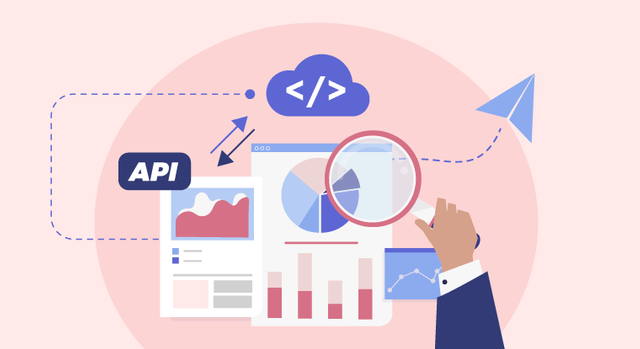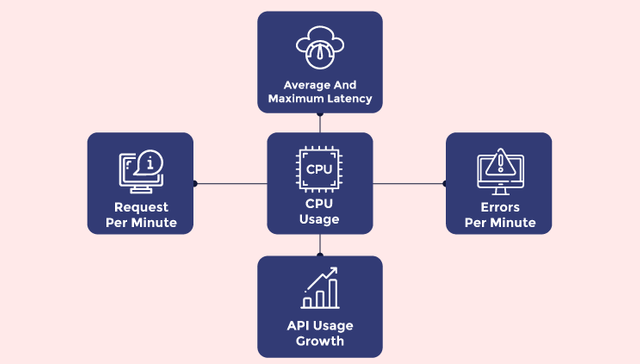
By facilitating simpler interaction or integration between applications and a platform, API performance is crucial for application performance. Customers can benefit from APIs because they streamline product and service purchasing processes. By utilising cutting-edge technology like AI, social media, robotics, etc., businesses may enhance the value of their operations.
However, you must use a dependable and repeatable testing approach to guarantee that your APIs operate appropriately. The API performance test is helpful in this situation since it stops customers or end-users from losing patience with a slow system.
Why Do We Need API Performance, and What Is It?
The business logic of an application that links user-interface layers and data layers is validated by API performance. To check whether an interface satisfies the performance, reliability, functionality, and security criteria, API performance tests can make requests to one or more API endpoints. To ensure that the software development process proceeds forward and that developers are aware of whether their apps have successfully met user requirements, software teams adopt continuous API testing procedures.
In accordance with operational API metrics, a hierarchical structure is used to measure API performance metrics. Below, we'll go over the key metrics for enhancing API performance.

Minutes Per Request
Requests processed by application administrators are measured using Request Per Minute, or RPM. As an upper bound, the performance metric is designed to minimise the number of API requests.
Maximum and Average Latency
To analyse customer experiences, API Manager tracks the amount of time that has passed. Dropping user responsiveness is also correlated with increased delay.
Minutes Per Error
The term "errors per minute," or "EPM," refers to the volume of non-status code API calls made each minute. Once the limit is reached and crucial or error-prone API calls have been measured, it stops processing new calls.
API Usage Increase
An API use can be used to gauge how well your application interface supports APIs. Engineers or managers can use it to guarantee an effective and error-free API.
In conclusion
APIs allow data connection between two programmes utilising web addresses known as API endpoints as communication routes. To ensure there are no system lags or network-related issues, you must continuously assess API performance by obtaining and analysing pertinent data. In today's multi-cloud scenarios, API performance monitoring and assessment are important for enterprises. Are you trying to find a solid API platform for communication and application integration? Look no further since Unified.cc enables you to link numerous APIs using a single API. The platform also ensures that every system complies with regulations and speeds up the development process.